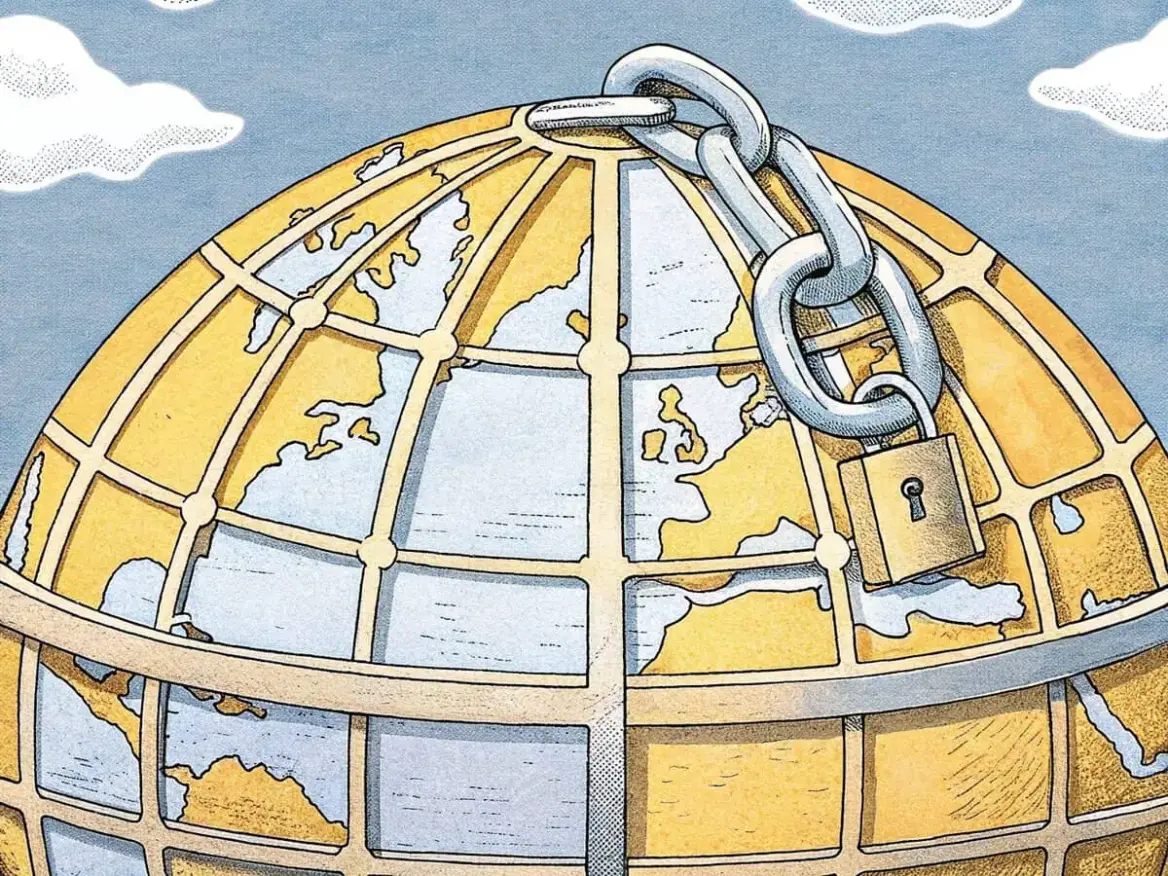Supreme Court asks preliminary questions on geoblocking and VPNs in relation to copyright. What does this mean for rights holders and internet users, and how do technological developments affect intellectual property enforcement.
The case revolves around a legal dispute over the online publication of a scholarly edition of Anne Frank’s diary.
In the Netherlands, the Anne Frank Fund in Switzerland holds the copyright to parts of the diary until 2037. However, in other countries, such as Belgium, the work is – by local law – already in the public domain, and thus freely available.
Anne Frank House and Anne Frank Fonds together
This case pits the Swiss Anne Frank Fund against the Anne Frank House of Amsterdam. The Foundation, together with other parties, published a scholarly edition of Anne Frank’s diary on a foreign (Belgian) website.
Because the work is copyrighted in the Netherlands (with the rights thus belonging to the Anne Frank Fund), the Foundation chose to apply geoblocking, thus denying access to Dutch users.
However, the Anne Frank Fund argues that Dutch users can easily circumvent this blockade with VPN services, which would still constitute copyright infringement in the Netherlands. This difference of opinion led to preliminary questions to the Court of Justice of the European Union.
The Fund argues that the website containing the diary can still be accessed free of charge in the Netherlands via VPN services, and that this means a so-called communication to the public in the Netherlands.
The question is: Does circumventing geoblocking via a VPN, for example by a consumer, mean that the website still makes a communication to the public in the Netherlands? Is the website operator or the VPN provider responsible?
In legal terms, the crux of the matter is whether, despite geoblocking, an online publication is still considered a communication to the public in the Netherlands under Article 3(1) of the Copyright Directive.
Existing case law on copyright
The Supreme Court pointed 8 November 2024 to previous case law on trademark law, distribution law and database law, which established that accessibility of a website does not necessarily mean infringement of an intellectual property right in a specific member state.
There must be a targeted act. The question now is whether this criterion should also apply in copyright law.
Questions referred for a preliminary ruling to the Court of Justice of the European Union
The Supreme Court referred the following questions to the CJEU:
- Is targeting a particular audience required?
Must an online publication be targeted specifically at a particular country to count as communication to the public in that country? And what factors determine this targeting? - Is geoblocking enough to avoid liability?
If a provider has implemented technical measures such as geoblocking, but users in a blocked country can still access it via VPNs, is there still a communication to the public? How much weight should be given to whether the public is willing and able to circumvent such blocking? - Who is responsible for the communication?
If a work is accessible via VPNs despite geoblocking, who is supposed to make that so-called communication to the public: the website operator or the VPN service provider?
Analysis: legal and technical limits of geoblocking
This case illustrates the tension between copyright and technological developments. Geoblocking is a measure that allows rights holders to shield their content in certain regions, but its effectiveness has been limited by tools such as VPNs.
The Supreme Court’s preliminary questions show that there is still much uncertainty about how to assess such situations within copyright law. If the Court of Justice of the European Union decides that geoblocking is sufficient effort to protect copyrights, it may provide right holders with some legal certainty.
But if the Court of Justice of the European Union rules that accessibility via a workaround, such as a VPN, still constitutes a communication to the public, it will mean that rights holders will have additional legal options to have publications removed or challenged, even if geoblocking has been applied.
This would allow for stricter enforcement of copyright on the internet and impact websites that make content available in countries where copyright still applies.
Conclusion: towards greater legal clarity
The answers from the CJEU will determine how rights holders can enforce their copyrights on the internet. This applies not only to this particular case, but also to future discussions on the effectiveness of geoblocking and the role of VPN services.
Until then, balancing intellectual property protection with the reality of a globally accessible internet remains a challenge.


